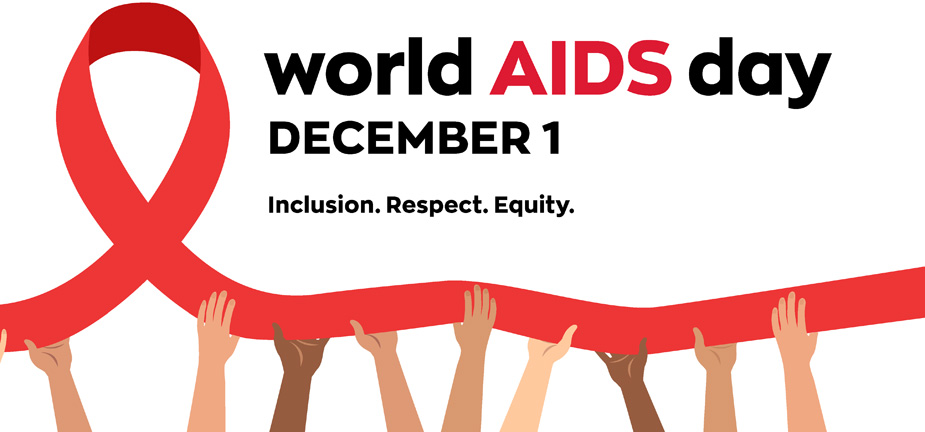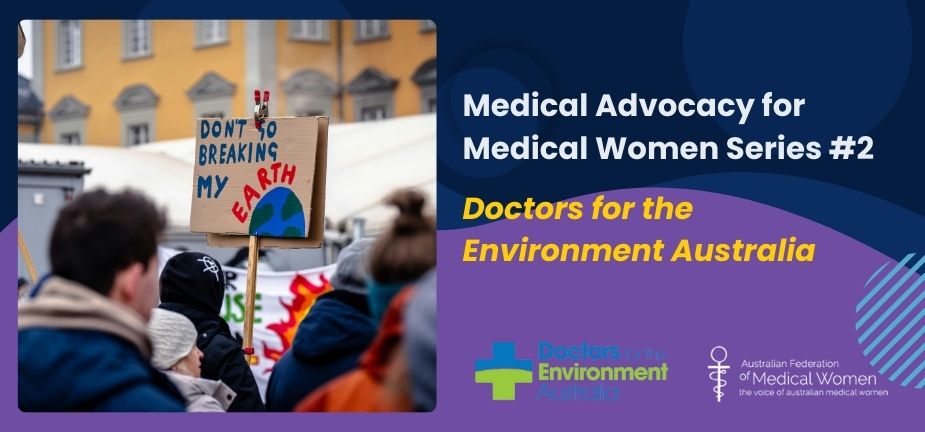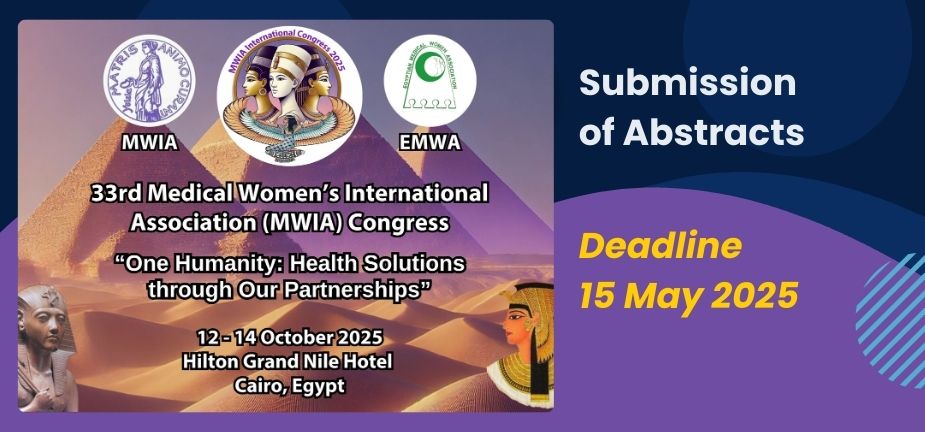Did you know? Globally, women account for about half of all people living with HIV/AIDS.
- Women account for about half of all people living with HIV/AIDS.
- Women are at a higher risk of heterosexual transmission
- Intimate partner violence, increases the vulnerability of women to HIV/AIDS
- Women may face double stigma due to their gender and HIV status
- Gender-related barriers can hinder access to HIV/AIDS prevention
- Gender equality and women’s empowerment are critical for an effective response to HIV/AIDS.
- It is vital to recognize the gender-specific aspects of HIV/AIDS
World AIDS Day is an annual event observed on December 1st to raise awareness about HIV/AIDS, remember those who have lost their lives to the disease, and show support for people living with HIV/AIDS. When examining this important issue through a gender lens, it becomes evident that gender plays a significant role in the prevalence, impact, and response to HIV/AIDS. Here are some key considerations when discussing World AIDS Day from a gender perspective:
1. Disproportionate Impact: HIV/AIDS affects men and women differently. Globally, women account for about half of all people living with HIV/AIDS. In sub-Saharan Africa, the epidemic is particularly severe among women and adolescent girls, who face higher vulnerability due to biological, social, and economic factors. Gender inequalities, including gender-based violence, limited access to education, and economic empowerment, contribute to women’s increased vulnerability.
2. Biological Factors: Biological differences between men and women can influence the transmission and progression of HIV/AIDS. Women are at a higher risk of heterosexual transmission due to biological factors such as a larger exposed mucosal surface area and hormonal variations. Additionally, pregnancy and childbirth can increase the risk of transmitting the virus from mother to child. Understanding these differences is crucial for targeted prevention and treatment efforts.
3. Gender-Based Violence: Gender-based violence, including sexual violence and intimate partner violence, increases the vulnerability of women to HIV/AIDS. Women who experience violence may have less control over their sexual relationships, face barriers in negotiating safe sex practices, and have limited access to healthcare and support services. Addressing gender-based violence is essential for effective HIV prevention and support programs.
4. Stigma and Discrimination: Gender norms and societal attitudes often contribute to stigma and discrimination against people living with HIV/AIDS, particularly women. Women may face double stigma due to their gender and HIV status, leading to social isolation, loss of support networks, and limited access to healthcare. Efforts should focus on reducing stigma, promoting gender equality, and empowering women to seek testing, treatment, and support.
5. Access to Healthcare: Gender-related barriers can hinder access to HIV/AIDS prevention, treatment, care, and support. Sociocultural norms, economic disparities, and limited decision-making power can prevent women from accessing essential services. Ensuring equitable access to healthcare, including sexual and reproductive health services, is crucial to addressing the gender dimensions of HIV/AIDS.
6. Empowerment and Participation: Gender equality and women’s empowerment are critical for an effective response to HIV/AIDS. Empowering women and promoting their meaningful participation in decision-making processes, policy development, and program implementation can lead to better outcomes. Supporting women-led organizations and initiatives can help address the unique needs and challenges faced by women in the context of HIV/AIDS.
On World AIDS Day, it is vital to recognize the gender-specific aspects of HIV/AIDS and work towards comprehensive strategies that address the intersecting factors of gender inequality, stigma, discrimination, and access to healthcare. By adopting a gender lens, we can foster a more inclusive and effective response to HIV/AIDS, ultimately working towards the goal of an AIDS-free generation.
World Aids Day website >>
The Australian Federation of Medical Women (AFMW) is a not for profit, politically neutral, non sectarian, non government organisation that seeks to improve the health of all Australians, especially the health of women and children.
Events and Updates coordination by AFMW, on behalf of the Australian Federation of Medical Women (AFMW), its affiliated Australian state and territory partners and international networks and supporters. If you have an update or event you would like to share with us for Australian medical women, please contact us with details. Thank you.










